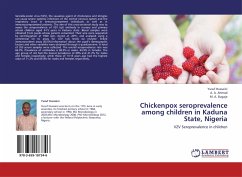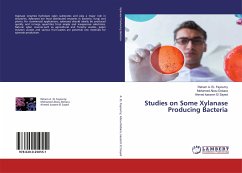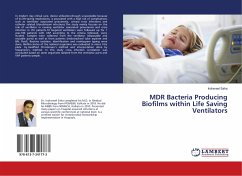This study was carried out with the aim to defect the presence and prevalence of newly discovered class DOXA beta-lactamase, phenotypically and genotyphically. To determine the antibiotic susceptibility profile as well as its distribution among the male and female patients. The isolates were gram - negative bacteria obtained from three different hospitals in kano metropolis there include Escherichia coli, Klebsiella pneumonia, Pseudomonas aureginos, Proteus spp and Salmonella sp. A total of 500 clinical isolates were screened phenotypically using double discs synergy and by molecular methods with specific primers of blaoxa, and blaoxa 48 type and the PCR products were sequenced analyzed. Antimicrobial sensitivity test were performed among the positive isolates according to the clinical and laboratory standard institutes guidelines (CLSI). The results obtained showed the prevalence of the enzyme with Escherichia coli (10%), Klebsiella pneumonia (68%) Pseudomonas aureginosa (2.8%),Proteus mirabilis (4.0%), P. vulgaris (1.4%), S. typhi (1.0%) and S. paratyphi (0.4%) among the 32 isolates that were screened for PCR 9 were blaoxa1 positive.








